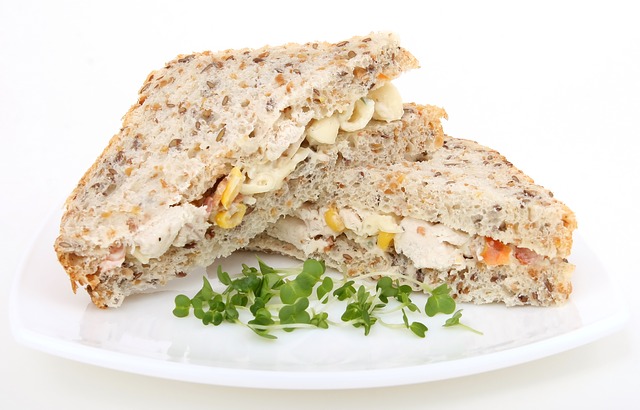Feeding the Body and Spirit: The Role of Rituals in Mealtime

Exploring the Spiritual Meaning of Food Rituals Across Cultures and Religions
In the tapestry of human existence, few experiences are as universal and culturally significant as sharing a meal. It is a time for nourishment, not only for the body but also for the spirit. In cultures and religions around the world, the act of eating is elevated beyond a mere biological necessity. It becomes a profound expression of identity, tradition, and spirituality. This article delves into the rich tapestry of food rituals and traditions across different cultures and religions, and how they infuse every meal with spiritual meaning (read more about spiritual meanings like vitiligo spiritual meaning on StillWorkMiracles).
Rituals as a Source of Spiritual Nourishment
The Japanese Tea Ceremony: Finding Harmony in Simplicity
In Japan, the tea ceremony, or “chanoyu,” is a venerable tradition that encapsulates the essence of Zen Buddhism. It goes beyond the mere act of preparing and sipping tea. It is a choreographed ritual that encompasses an entire philosophy, emphasizing simplicity, mindfulness, and a deep connection to nature. The tea ceremony is a spiritual journey that begins with a precisely performed sequence of movements and ends with a profound sense of inner calm and enlightenment. It is a reminder that in the midst of life’s chaos, one can find spiritual nourishment in the simplest of acts.
The Eucharist: A Sacred Communion
In Christianity, the Eucharist, also known as Holy Communion, is a central religious ritual. It symbolizes the sharing of the body and blood of Christ. When Christians partake in this sacred act, they believe they are not only nourishing their physical bodies but also renewing their spiritual connection with God. It is a moment of reflection, repentance, and renewal, where the act of eating becomes a profound expression of faith.
Sikh Langar: A Feast of Equality
For Sikhs, the concept of “Langar” holds deep spiritual meaning. Langar is a free community kitchen that serves food to people of all backgrounds, regardless of their social, economic, or religious status. It’s a tangible representation of equality and the principle of “seva” or selfless service. The act of cooking and serving in the Langar is a form of devotion, fostering a sense of unity and humility. Through Langar, Sikhs find spiritual nourishment in both the act of giving and receiving.
Cultural Diversity in Food Rituals
The Mexican Day of the Dead: A Feast for the Departed
In Mexico, the “Dia de los Muertos” or the Day of the Dead is a unique celebration that intertwines food, family, and spirituality. During this annual event, families create ofrendas (altars) laden with traditional foods and beverages in honor of deceased loved ones. The aroma of their favorite dishes and drinks is believed to guide the spirits of the departed back to the world of the living. The act of sharing a meal with the departed becomes a profound way to remember and celebrate their lives.
The Chinese Lunar New Year: Embracing Tradition
The Lunar New Year, celebrated across many East Asian cultures, is a time when families gather to welcome good fortune and bid farewell to the past. The symbolic foods served during this time hold deep cultural significance. Dumplings symbolize wealth, fish represent abundance, and rice cakes signify a higher position in the coming year. These traditional dishes are more than just delicacies; they are a way of connecting with ancestral traditions and ushering in a prosperous future.
Conclusion: A Global Tapestry of Spiritual Nourishment
Food is not just fuel for the body; it is a canvas upon which cultures and religions paint their deepest beliefs and traditions. The rituals and traditions associated with food and drink are pathways to spiritual meaning, forging a deeper connection between individuals and their own spirituality, their communities, and their ancestors.
READ ALSO: The Art Of Cooking: A Fusion Of Science And Creativity
Across the globe, in the quiet tearooms of Japan, the ornate churches of Europe, the bustling kitchens of India, and the lively streets of Mexico, these rituals serve as a reminder that every meal is an opportunity for spiritual nourishment. They are a testament to the power of food to unite, to heal, and to sustain both body and spirit.
In our diverse world, where cultures and religions often seem to diverge, it is heartening to see how the simple act of sharing a meal can bring us all together in a shared appreciation of the spiritual meaning inherent in our food rituals. It is a reminder that, despite our differences, we all hunger for more than just sustenance; we hunger for a deeper connection to our own souls and the world around us.


